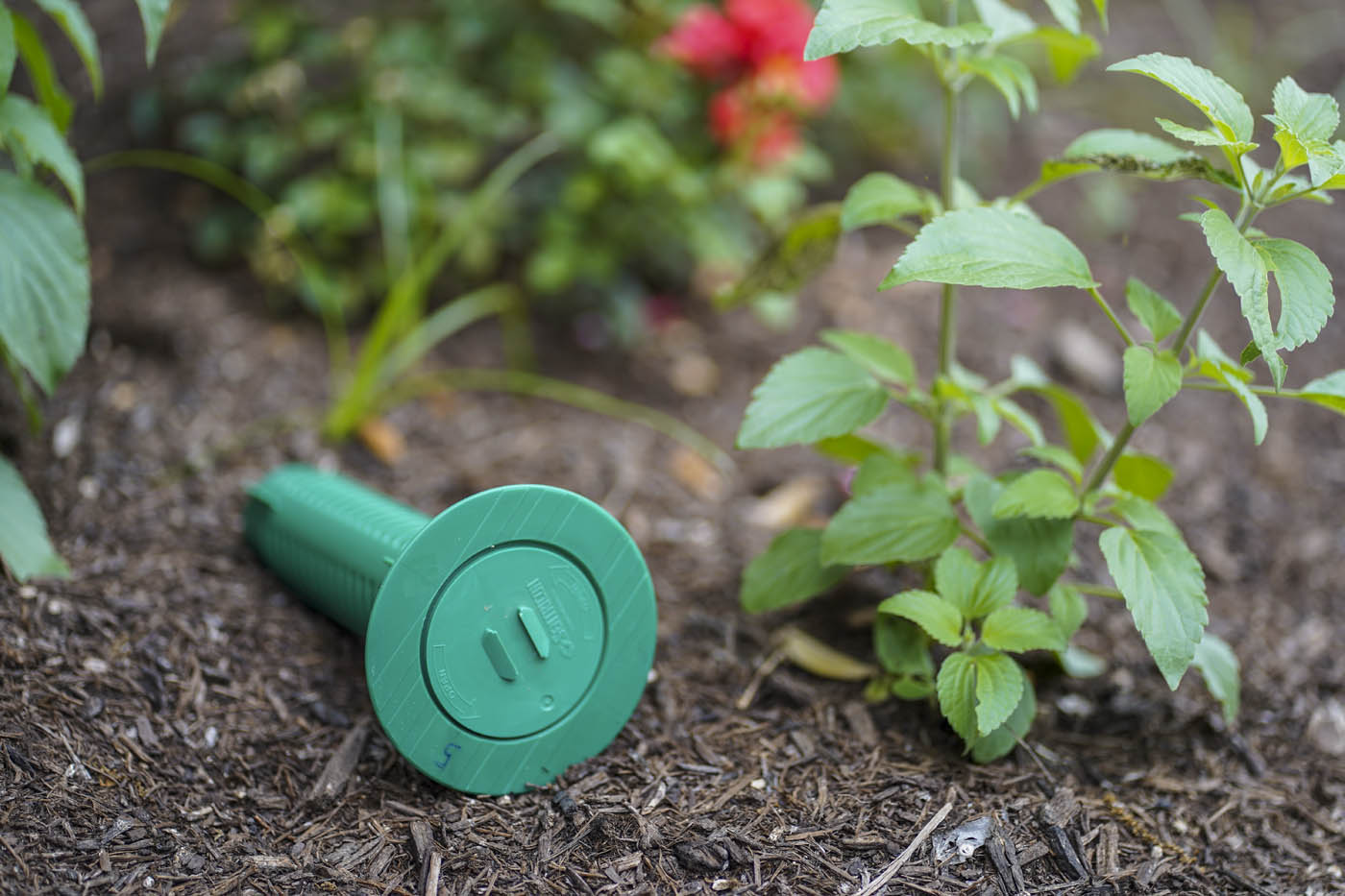How Do Spiders Avoid Sticking To Their Own Webs?
May 5, 2017
We all know spider silk is sticky, and if it were not for the adhesive qualities in spider silk, spider webs would never successfully trap insects. So how do spiders avoid getting stuck within their own webs? This question has been asked many times over the years, and there is probably not an entomologist in existence that has not been asked this question at least once. As it turns out, there is a common answer to this question, but the common answer is not so accurate. Many people claim that in addition to excreting silk, spiders also excrete an oil that prevents them from getting stuck to their own silk. This explanation sounds plausible enough, but the fact is, no known spider possesses these oil-secreting glands. The explanation that says spiders excrete an oil to avoid sticking to their webs is so old and widespread that even some spider experts are not clear on the matter. In any case, this explanation may have been a reasonable hypothesis at one time, but science has known for decades that spiders do not possess oil-secreting glands. Actually spiders simply step around




